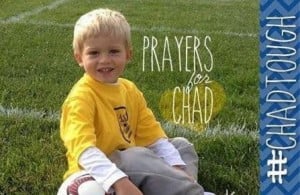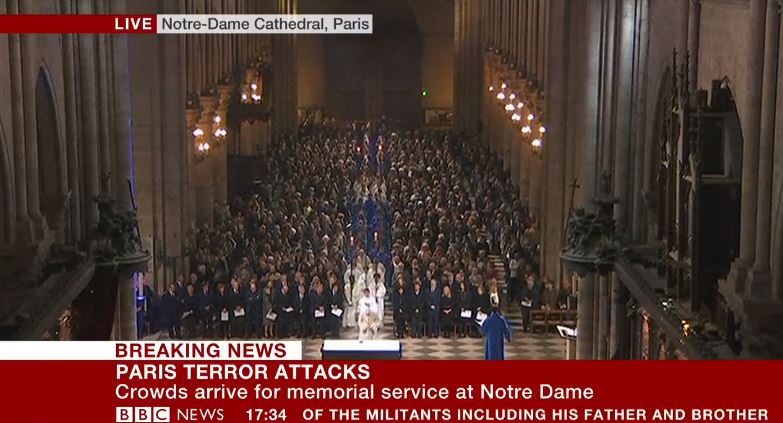In a narrow 5-4 decision, the U.S. Supreme Court this morning ruled that it’s OK to open government meetings with prayer–even if the prayers are overwhelmingly Christian, and even if citizens are encouraged to participate.
The case of Town of Greece vs. Galloway has been wending its way through the courts since 2007, when residents Susan Galloway and Linda Stephens took the board of the small town near Rochester, New York to federal court, contending that its practice of offering prayers by a “chaplain of the month” which made reference to Jesus Christ and the Holy Spirit aligned the town with one religion. They won their case; and the town added prayers by a Jewish layman, a Wiccan priestess, and a member of the Baha’i faith.
Justice Anthony M. Kennedy, writing for the majority, called the prayers “merely ceremonial” and said that they were not unduly sectarian and were not likely to make members of other faiths feel unwelcome. Justice Kennedy wrote:
“Ceremonial prayer is but a recognition that, since this nation was founded and until the present day, many Americans deem that their own existence must be understood by precepts far beyond that authority of government to alter or define.”
Justice Elena Kagan, writing the minority opinion, said in her dissent that the town’s practices could not be reconciled
“…with the First Amendment’s promise that every citizen, irrespective of her religion, owns an equal share of her government.”
Galloway and Stephens, a Jew and an atheist, had claimed that the prayers were in violation of the First Amendment’s prohibition of government establishment of religion. They said the prayers offended them and, according to Justice Kennedy, “made them feel excluded and disrespected.”
But, according to the New York Times,
Justice Kennedy said the relevant constitutional question was not whether they were offended. “Adults often encounter speech they find disagreeable,” he wrote.
Justice Kennedy said traditions starting with the first Congress supported the constitutionality of ceremonial prayers at the start of legislative sessions. He added that it would be perilous for courts to decide when those prayers crossed a constitutional line and became impermissibly sectarian.
“To hold that invocations must be nonsectarian,” he wrote, “would force the legislatures that sponsor prayers and the courts that are asked to decide these cases to act as supervisors and censors of religious speech, a rule that would involve government in religious matters to a far greater degree than is the case under the town’s current practice of neither editing or approving prayers in advance nor criticizing their content after the fact.”
The Obama Administration had strongly supported the town of Greece in the case, agreeing that the public prayers were not in violation of the Establishment Clause of the Constitution. (The Framers of the Constitution began their meetings with prayer; and there is a long historical precedent: Both Houses of Congress have opened with prayer since 1789.) Justice Kennedy wrote:
“As a practice that has long endured, legislative prayer has become part of our heritage and tradition, part of our expressive idiom, similar to the Pledge of Allegiance, inaugural prayer, or the recitation of ‘God save the United States and this honorable court’ at the opening of this court’s sessions.”
The case is likely to have repercussions in other volatile disputes regarding public prayer: in schools, around the flagpole, and at public events.











